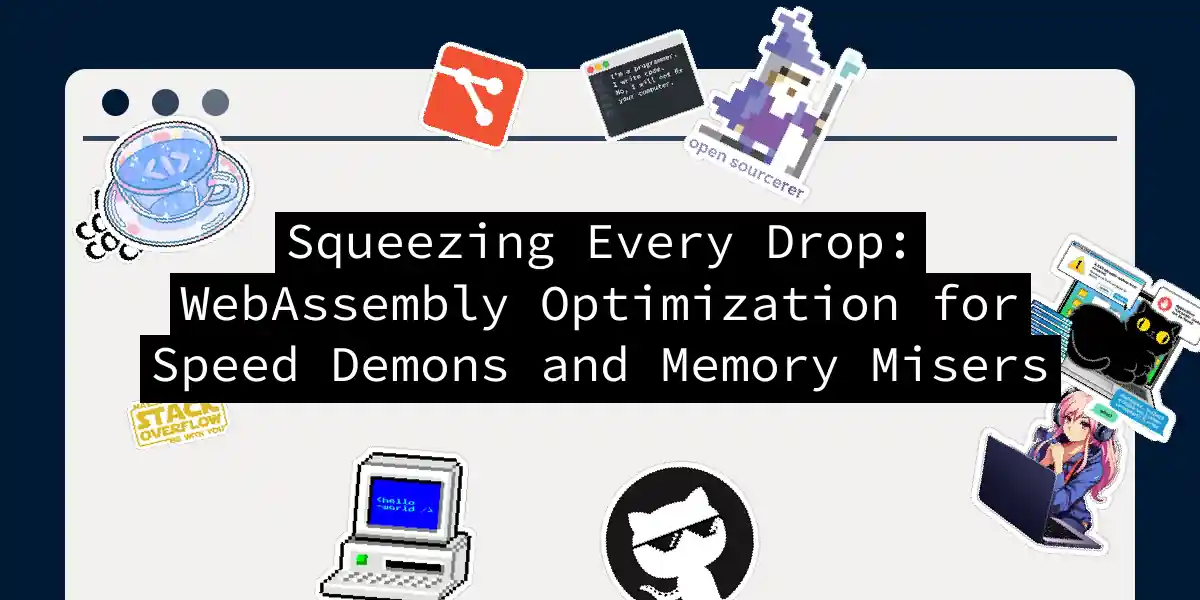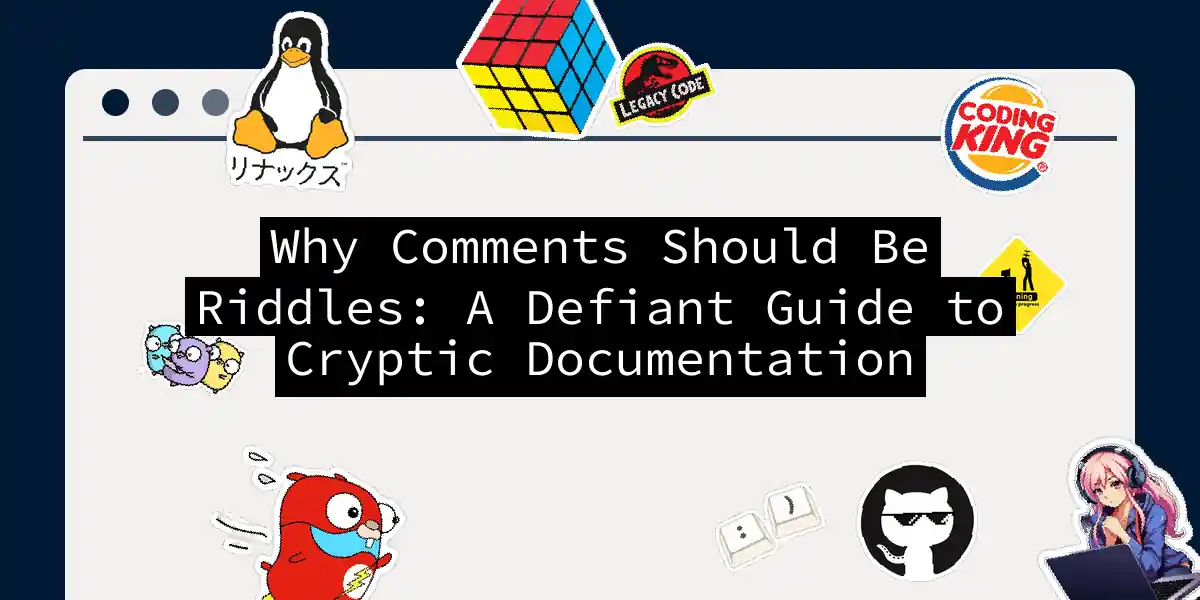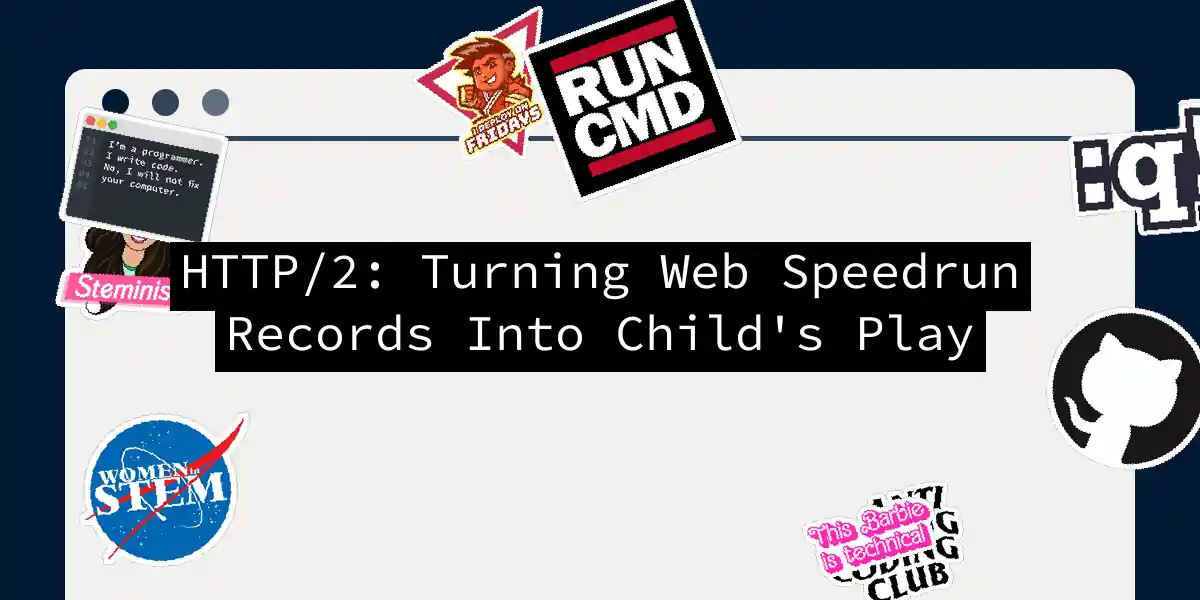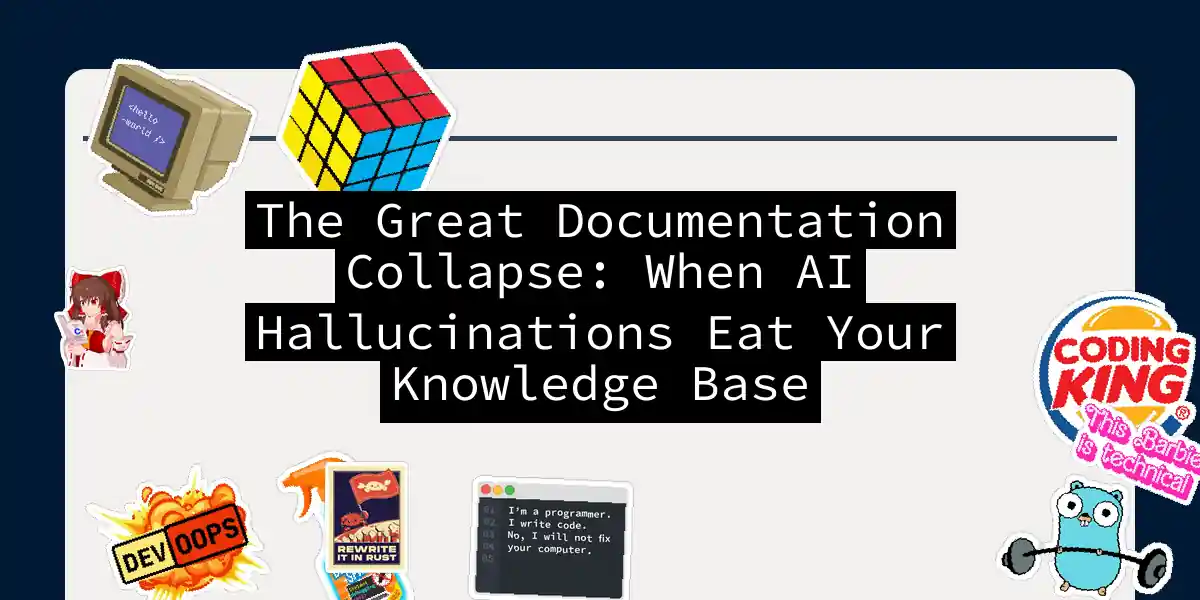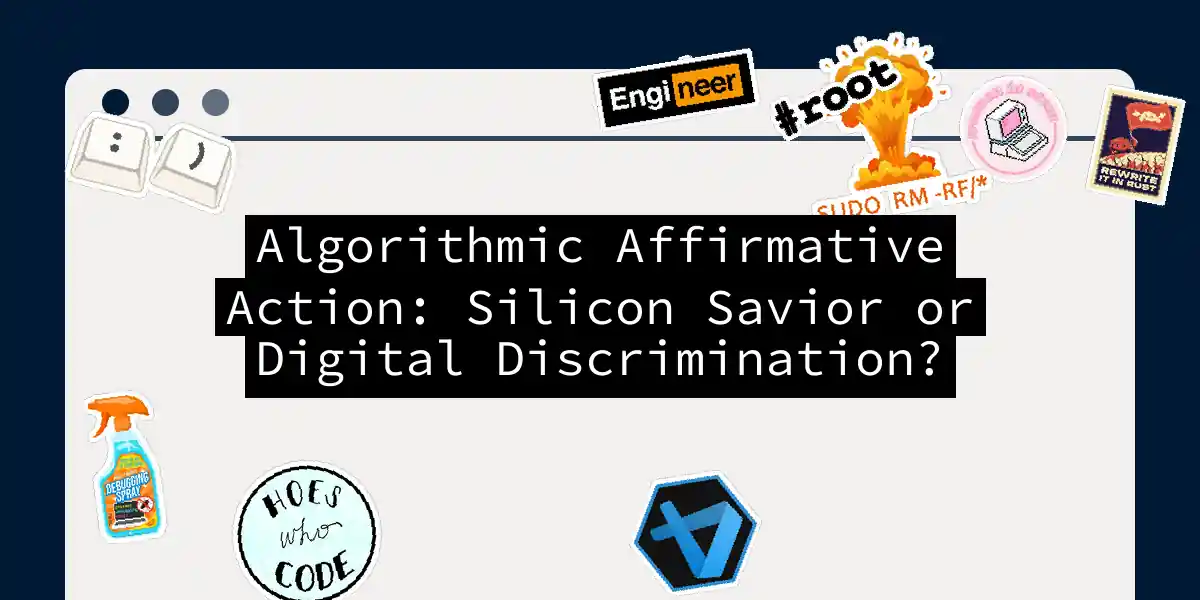
Algorithmic Affirmative Action: Silicon Savior or Digital Discrimination?
Picture this: A world where algorithms play Cupid between employers and candidates, swiping right on qualified applicants faster than you can say “recruitment bias.” But what happens when our digital matchmakers start replicating humanity’s worst tendencies? Let’s dissect this modern paradox with code samples, flowcharts, and enough snark to power a Silicon Valley startup. The Bias Boomerang Effect Machine learning models are like overeager interns - they’ll mimic exactly what they see in the training data....
